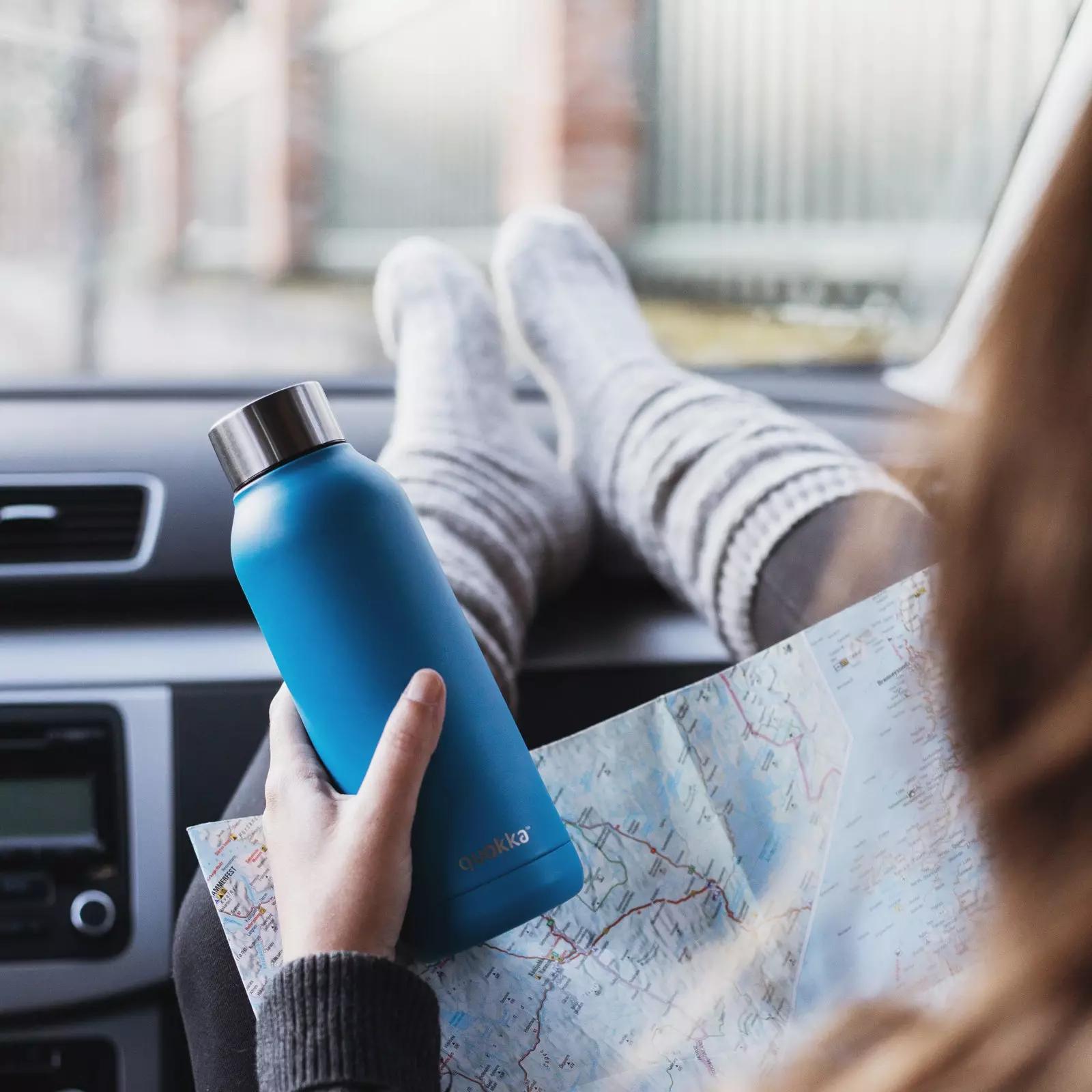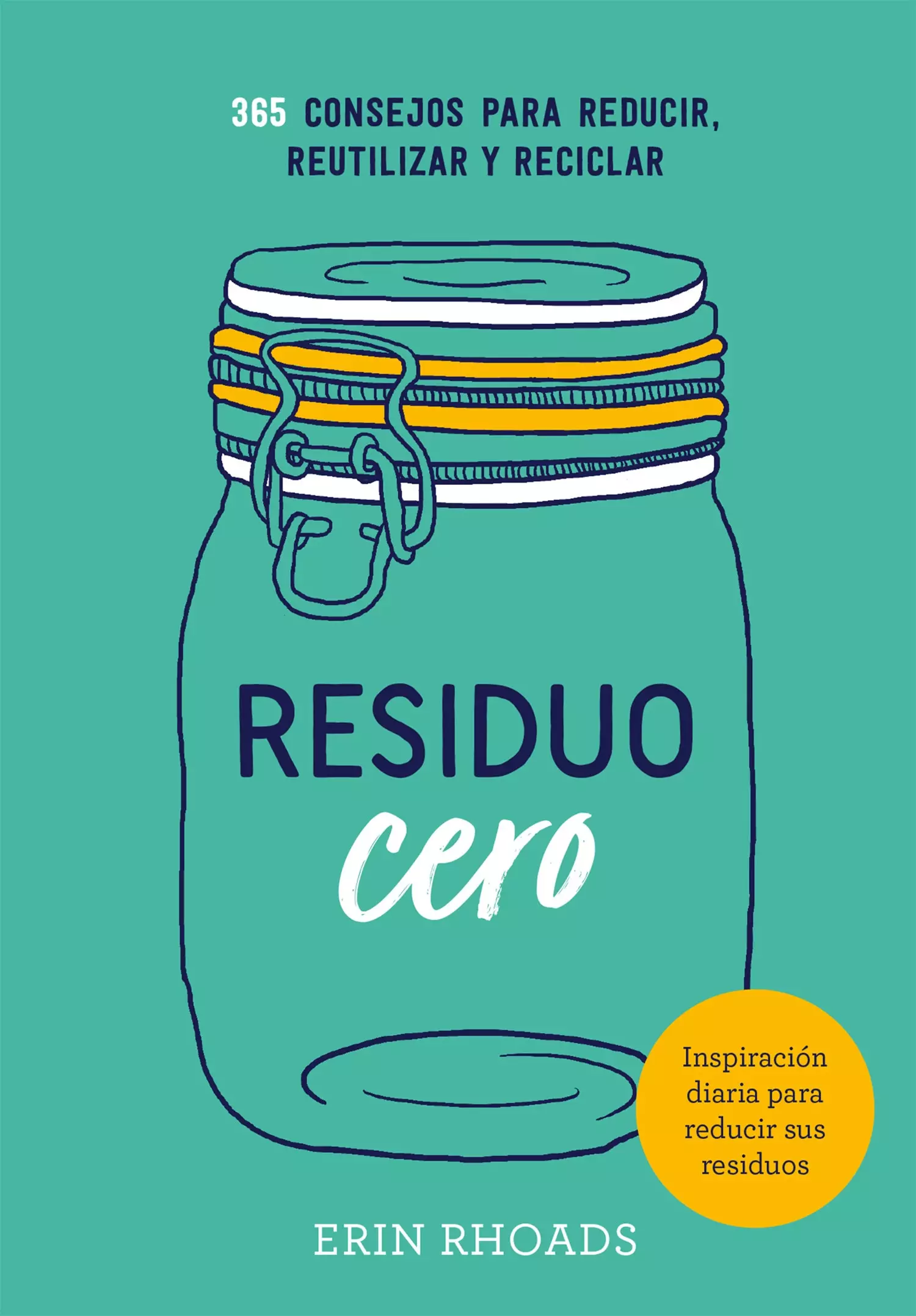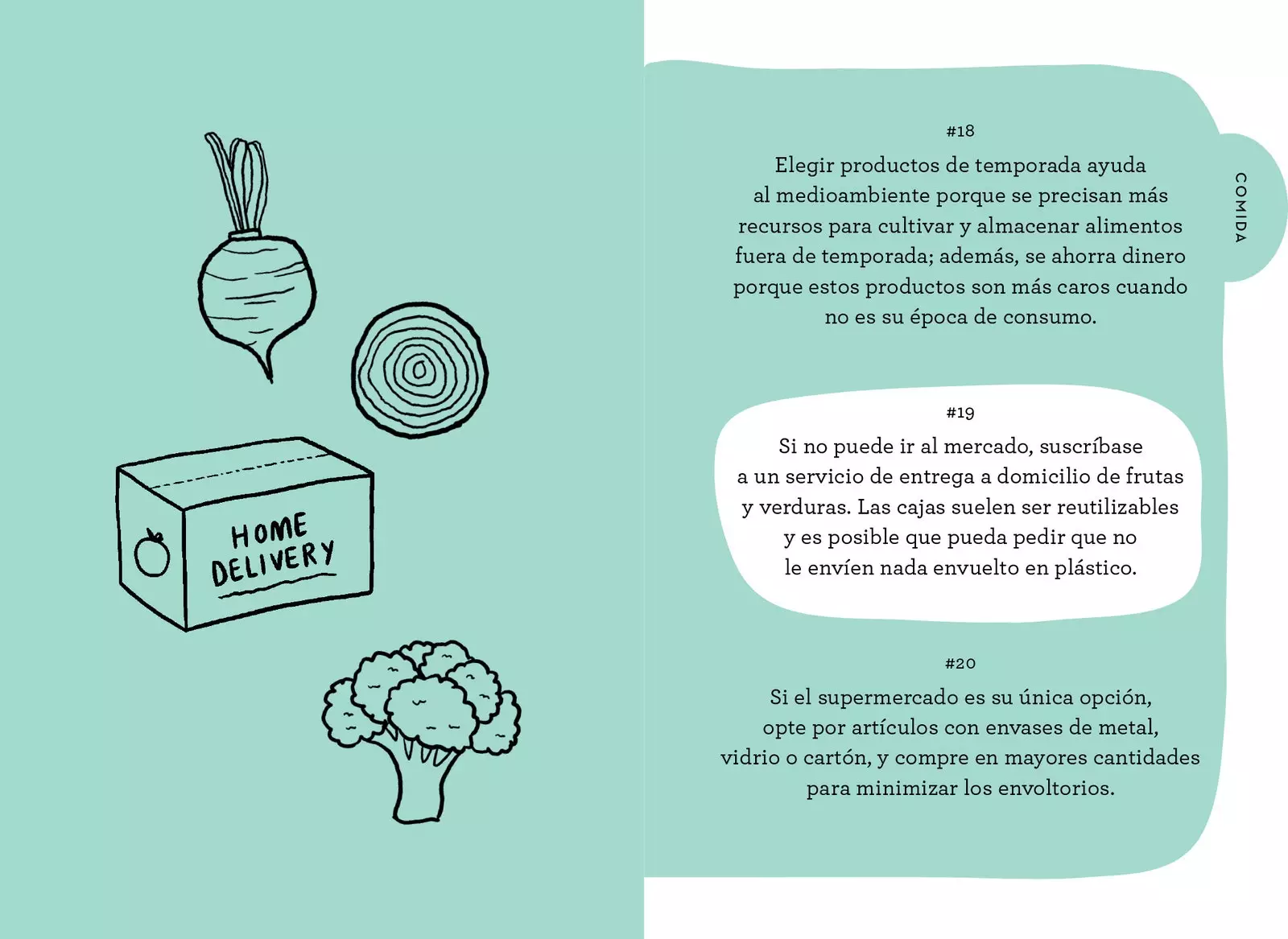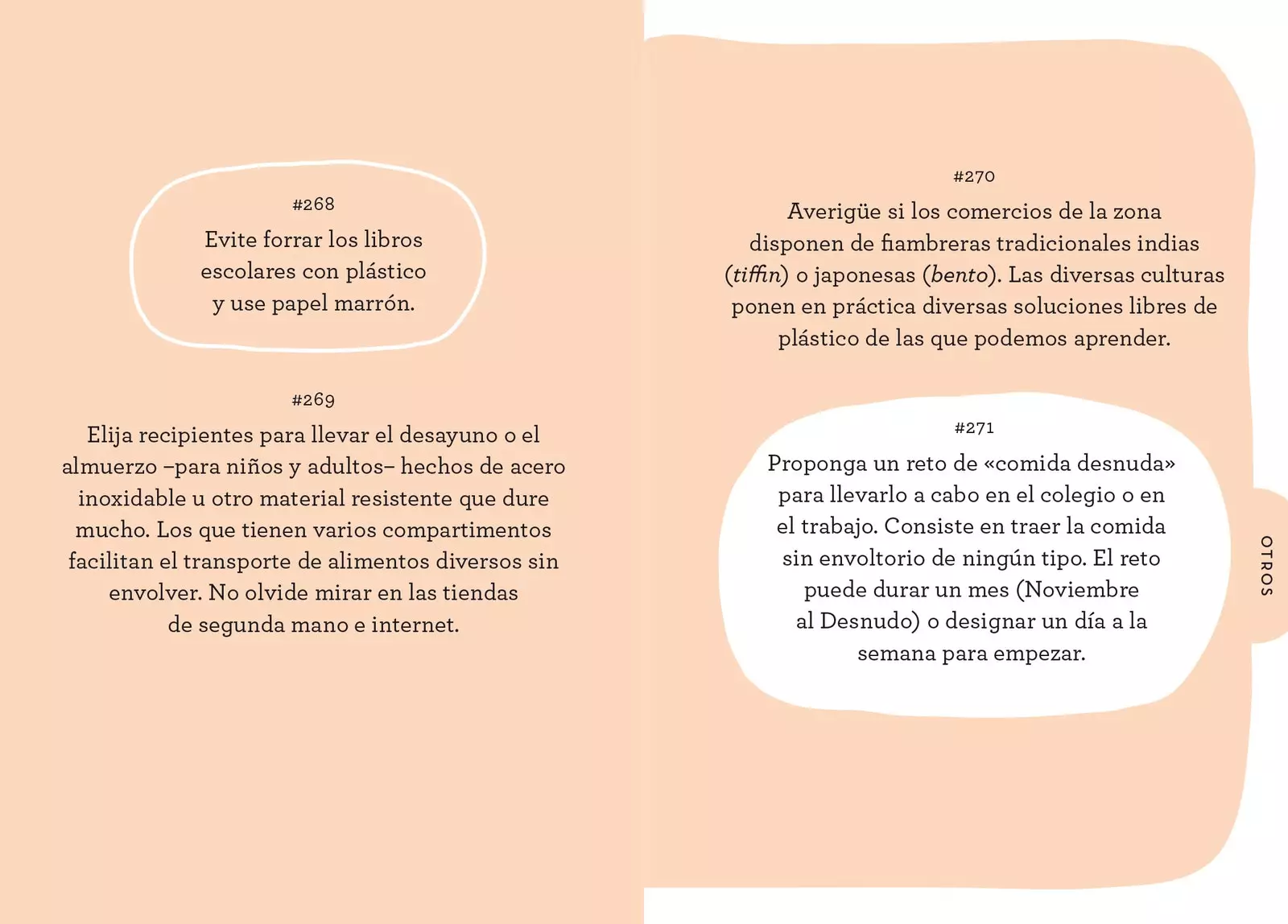
This guide has 365 days to reuse, reuse and recycle.
Before reading on, take a breath. This will not be a mountain of advice for you to turn your life around tomorrow and become an environmental activist. The first premise for you to change habits in your life is that you enjoy making those changes , no matter how small.
Who gives us this first advice is erin rhoads , the author of the new book Zero Waste. 365 tips to reduce, reuse and recycle (Ed. Five Inks). This Australian started her waste reduction journey in 2013 (she's quite ahead of us, yes). Back then his blog The Rogue Ginger became a reference Australia , and today she shares her advice on talk shows, newspapers, radios... And now all over the world!
Curiously, she didn't start out having fun , but quite the opposite, which is why she encourages those who read this book to have fun. “There are 365 tips, divided into four sections, and it's designed so the reader can jump in and out without feeling overwhelmed. Plus it's perfect for all budgets and all schedules. ”, She explains to Traveler.es.

Zero Waste: 365 tips to reduce, reuse and recycle.
Her first change to a more conscious life (and the one she considers the most effective) is to observe our food . We have just learned thanks to a UN report that at a global level 121 kg of food is wasted per person , that is, 931 million tons of food. How can we reverse this figure?
“Write a shopping list, use food that is already in the cupboard and fridge , plan your meals, take advantage of leftovers and compost food that no longer works, “advises Erin. It is understandable, then, that the first chapter of her book is dedicated to food and zero waste.
Once you have reduced the garbage you throw into the container , says the expert, your happiness will increase a little more.
Second, Erin focuses on the recyclable , although she assures that before recycling the most important thing is reuse and reuse , and above all, think about what we are going to buy.
“Recycling is an important part of our modern waste hierarchy, but It is not the solution . There is a misconception that what we throw in the recycling bin will be recycled indefinitely, but not all plastic can be recycled , which means it's going to landfill."

Some of the tips in the 'Food' section.
In Spain we discard 1.6 million tons of plastic packaging per year , which is why Erin offers some practical advice such as looking at its label before buying a product to see if the container is recyclable, changing cleaning products for homemade products (did you know that white vinegar is less toxic and more effective than many Commercial products?), change your toothbrush for a wooden or bamboo one , go in bulk and always carry a water bottle and a cloth bag with you to buy.
And if you have doubts about where to dispose of your waste, take a look at TerraCycle or take it to the collection point indicated by your City Council.

Practical advice for all pockets.
Who is it recommended for? Anyone can read this book : mothers and fathers who want to learn how to reduce the waste generated by their babies and children, companies who want to improve their products to make them more ecological, beginners and experts in reducing, reusing and recycling, travellers...
And in this sense,** Erin gives us a note for when we start our travels again**. “I always carry with me a zero waste kit , which includes a reusable tote bag, food container, cloth napkin, utensils, and water bottle. This way I can buy food at local markets or takeaway places without it being single use. I also like to visit the ShareWaste.com website to find local neighborhood composting options.”
And she adds: “I think that if we want to deal with our waste problems correctly, then our governments must stop shipping waste and recycling abroad and we should tackle it locally . This requires lobbying from community members by reaching out to local politicians and businesses to show them not only the environmental benefits, but also the jobs and economic benefits it can provide.”
